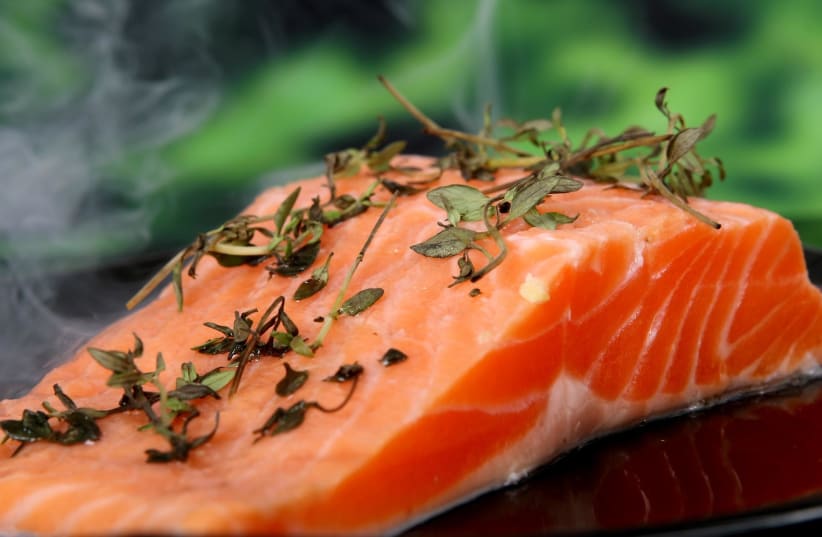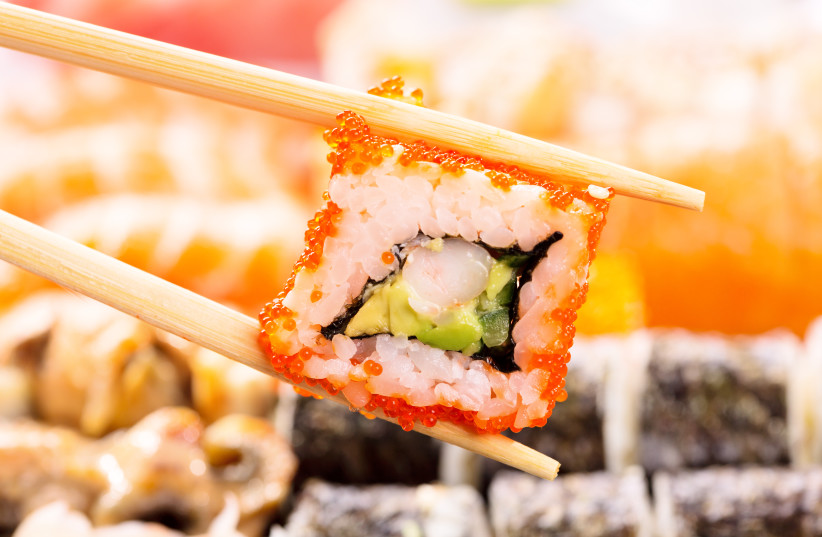Pregnant people, for the duration of their pregnancy, are bombarded with rules about what they should and should not eat. Soft cheese, alcoholic beverages and raw fish are all taken off the menu entirely. Many people also avoid frozen yogurt, soft serve ice cream, caffeine and fish deemed high in mercury - which is a broad category. However, a recent study out of the University of Bristol in the United Kingdom suggests that fish may be more beneficial than they are dangerous to those expecting a baby.
As of September 2022, the UK's National Health Service (NHS) and the United States Food and Drug Administration (FDA) both strongly recommend avoiding swordfish, marlin and shark outright because their mercury content is too high. The Mayo Clinic website explains that "the bigger and older the fish, the more mercury it's likely to contain." The NHS also specifically instructs pregnant people to limit tuna intake for the same reason, and the FDA recommends they avoid bigeye tuna and limit their intake of canned tuna.
"There is no evidence of harm from these fish, but there is evidence from different countries that such advice can cause confusion in pregnant women."
Professor Jean Golding, co-author and Emeritus Professor of Pediatric and Perinatal Epidemiology at the University of Bristol
According to the study, data from Seychelles, a country consisting of a series of islands off the coast of east Africa where fish are major component of the diet, shows no demonstrated harm brought to children whose carrying parent did not limit their fish intake during pregnancy.
“We found that the mother’s mercury level during pregnancy is likely to have no adverse effect on the development of the child provided that the mother eats fish," explained Dr. Caroline Taylor, Senior Research Fellow and co-author of the study. "If she did not eat fish, then there was some evidence that her mercury level could have a harmful effect on the child. This could be because of the benefits from the mix of essential nutrients that fish provides, including long-chain fatty acids, iodine, vitamin D and selenium.”
Fish-rich diets vs no-fish diets
Researchers in Bristol examined data collected by the Avon Longitudinal Study of Parents and Children (ALSPAC) to find out more about how this phenomenon plays out in the UK. Mercury levels were measured in maternal blood and umbilical cord tissue, and children's cognitive development was followed through childhood. No adverse effects were noted; in fact, children whose parents consumed fish during pregnancy were found to have higher birthweight and better quantitative and scientific reasoning skills later in childhood. This is consistent with data collected from Seychelles.
Study authors concluded that "government recommendations should be reviewed to emphasize the beneficial value of fish consumption during pregnancy."
“It is important that advisories from health professionals revise their advice warning against eating certain species of fish," emphasized Professor Jean Golding, co-author and Emeritus Professor of Pediatric and Perinatal Epidemiology at the University of Bristol. "There is no evidence of harm from these fish, but there is evidence from different countries that such advice can cause confusion in pregnant women. The guidance for pregnancy should highlight ‘Eat at least two portions of fish a week, one of which should be oily’ – and omit all warnings that certain fish should not be eaten.”

